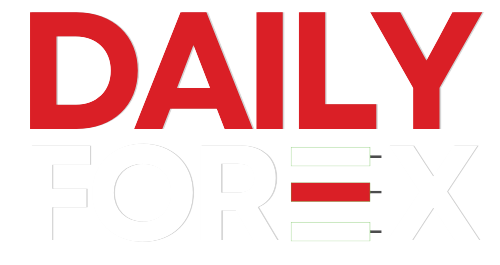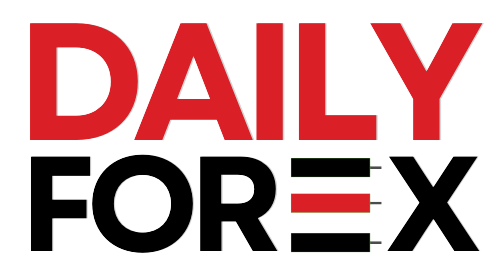Privacy coins are a category of cryptocurrencies designed to keep your identity and transaction details private and untraceable. Unlike Bitcoin and most mainstream cryptocurrencies, which operate on public blockchains, privacy coins use advanced cryptographic techniques to offer anonymous and confidential transactions.
But how exactly do they work, and why are they so controversial? Let’s explore.
Are Bitcoin and Ethereum Anonymous?
Many people mistakenly believe Bitcoin is anonymous. In reality, Bitcoin is pseudonymous—your transactions are publicly recorded on the blockchain and linked to your wallet address, which is a long string of characters. If someone connects your wallet to your identity (via exchanges, KYC processes, or leaks), your entire transaction history can be traced.
That’s where privacy coins come in.
What Are Privacy Coins?
Privacy coins—also known as anonymous coins or private coins—are digital currencies that hide transaction data, including:
- Sender and receiver wallet addresses
- Transaction amounts
- Wallet balances
These coins aim to enhance financial privacy, prevent blockchain surveillance, and allow users to retain control over their personal data.
How Do Privacy Coins Work?
Privacy coins use various technologies to achieve anonymity and untraceability:
| Technology | Function |
|---|---|
| Stealth Addresses | Generate unique one-time addresses for every transaction |
| Ring Signatures | Mix real sender’s info with decoys to hide identity |
| Coin Mixing (CoinJoin) | Blend transactions together to obscure trails |
| zk-SNARKs | Use zero-knowledge proofs to hide sender, receiver, and amount |
| Dandelion++ | Obfuscate IP addresses linked to transactions |
Top Privacy Coins in the Market
Let’s look at the most popular and widely used privacy coins:
🟠 Monero (XMR)
- Launched: 2014
- Privacy Features: Ring signatures, stealth addresses, RingCT, Dandelion++
- Reputation: The most private and trusted coin
- Use Case: True anonymity for every transaction by default
🟣 Zcash (ZEC)
- Launched: 2016
- Privacy Features: zk-SNARKs for shielded transactions
- Unique Factor: Optional privacy—choose between transparent and private addresses
- Target Use: Privacy with regulatory flexibility
🟡 Dash (DASH)
- Launched: 2014 (originally as Darkcoin)
- Privacy Feature: CoinJoin via PrivateSend
- Focus Shift: From privacy to fast, low-cost transactions
Why Privacy Coins Matter
- True Financial Privacy: Prevent others (including governments and companies) from tracking your crypto activity.
- Fungibility: Every coin is equal and cannot be blacklisted or tainted by previous transactions.
- Resisting Censorship: Ideal for people in oppressive regimes or those who value self-sovereignty.
Are Privacy Coins Legal?
The legality of privacy coins varies:
| Country | Legal Status |
|---|---|
| USA | Legal but under scrutiny |
| Japan & S. Korea | Banned on exchanges |
| Europe | Varies by country |
Due to anti-money laundering (AML) regulations, many exchanges no longer list privacy coins like Monero (XMR) or Zcash (ZEC). The U.S. government has even labeled them “Anonymity-Enhanced Cryptocurrencies (AECs)” and is closely monitoring them.
Final Thoughts
Privacy coins offer powerful tools for anonymity in a world where digital surveillance is growing. Whether you’re concerned about personal data privacy or just want full control over your finances, these coins provide a solution.
However, due to their regulatory gray area, always do your research before buying, holding, or trading privacy-focused cryptocurrencies.
For more educational content on cryptocurrencies and blockchain, visit www.dailyforex.pk—your trusted resource for everything crypto in Pakistan and beyond.




